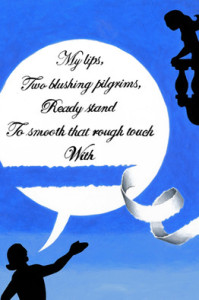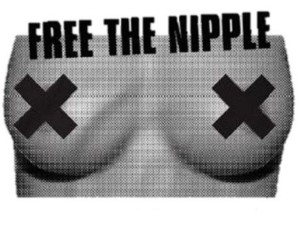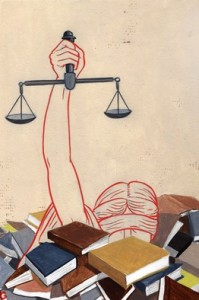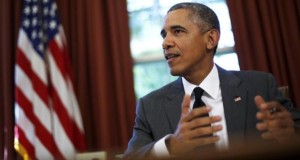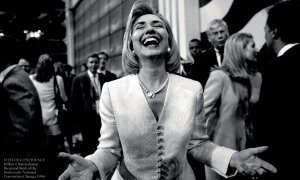 In 1974, the possibility that a woman could lead one of Britain’s political parties, let alone become Prime Minister, seemed so remote that bookmakers set the odds at 50-1. Since the woman in question was Margaret Thatcher, those brave enough to gamble a large wager walked away with a fortune.
In 1974, the possibility that a woman could lead one of Britain’s political parties, let alone become Prime Minister, seemed so remote that bookmakers set the odds at 50-1. Since the woman in question was Margaret Thatcher, those brave enough to gamble a large wager walked away with a fortune.
Today, when there are 19 female world leaders including Germany’s Angela Merkel, Brazil’s Dilma Rousseff, and South Korea’s Park Geun-hye, the shock and awe provoked by Thatcher’s election victory seems almost quaint. Which makes it all the more surprising that the two countries with the world’s largest economies – America and China – have yet to follow suit. There have been more than 400 US cabinet secretaries since women won the vote in 1920, but only 27 have been female. As for China, no woman has ever been admitted to the ruling Politburo Standing Committee.
For America, at least, that anomaly could be about to change with the allbut-declared candidacy of Hillary Clinton for the White House race in 2016. The timing of her new book – a memoir of her years as the US Secretary of State – is surely no coincidence. For Clinton to secure the prize that eluded her in 2008, she must first persuade Americans that she is somehow different from the woman they rejected six yeas ago.








